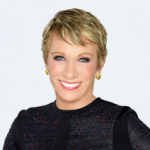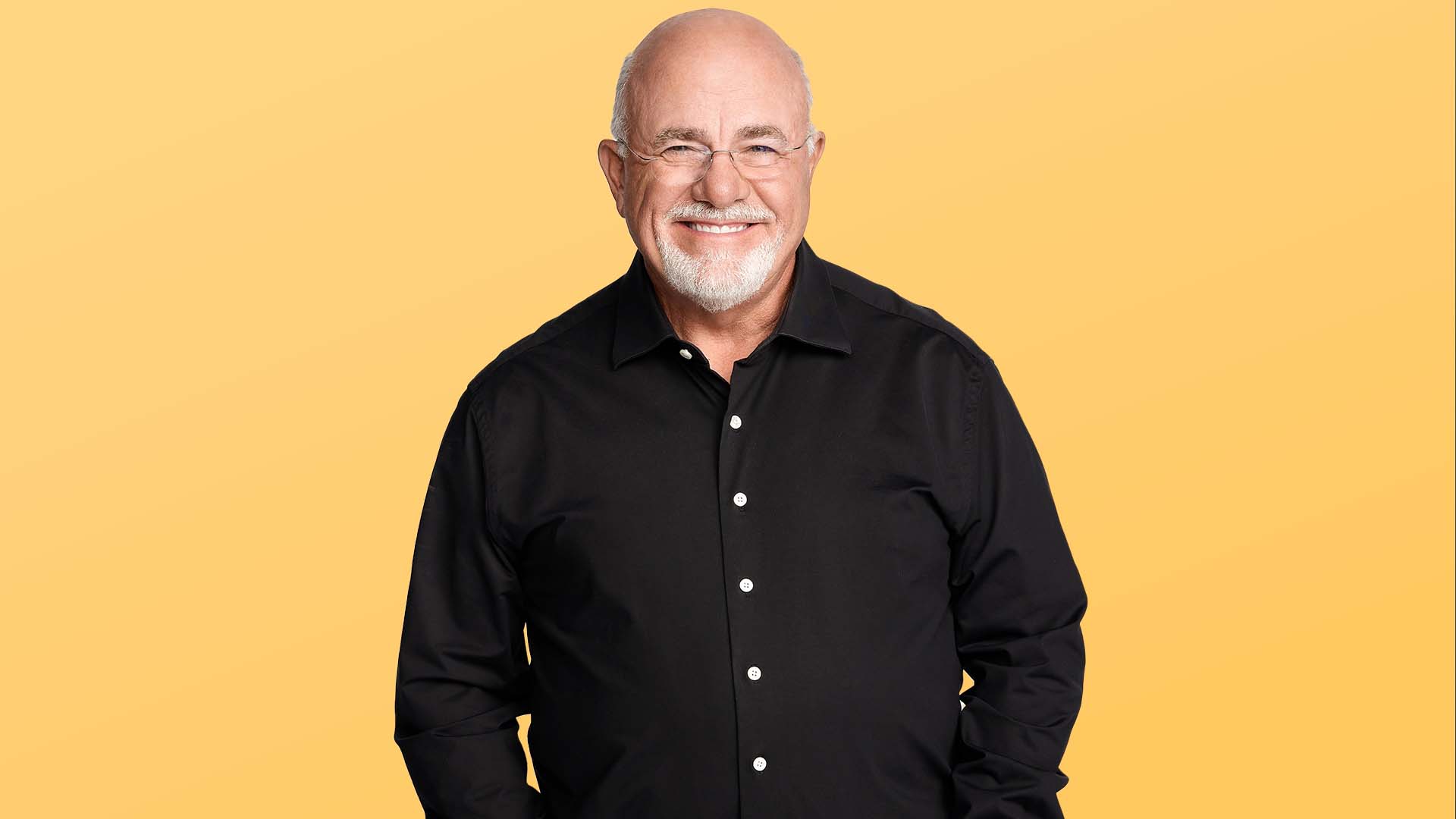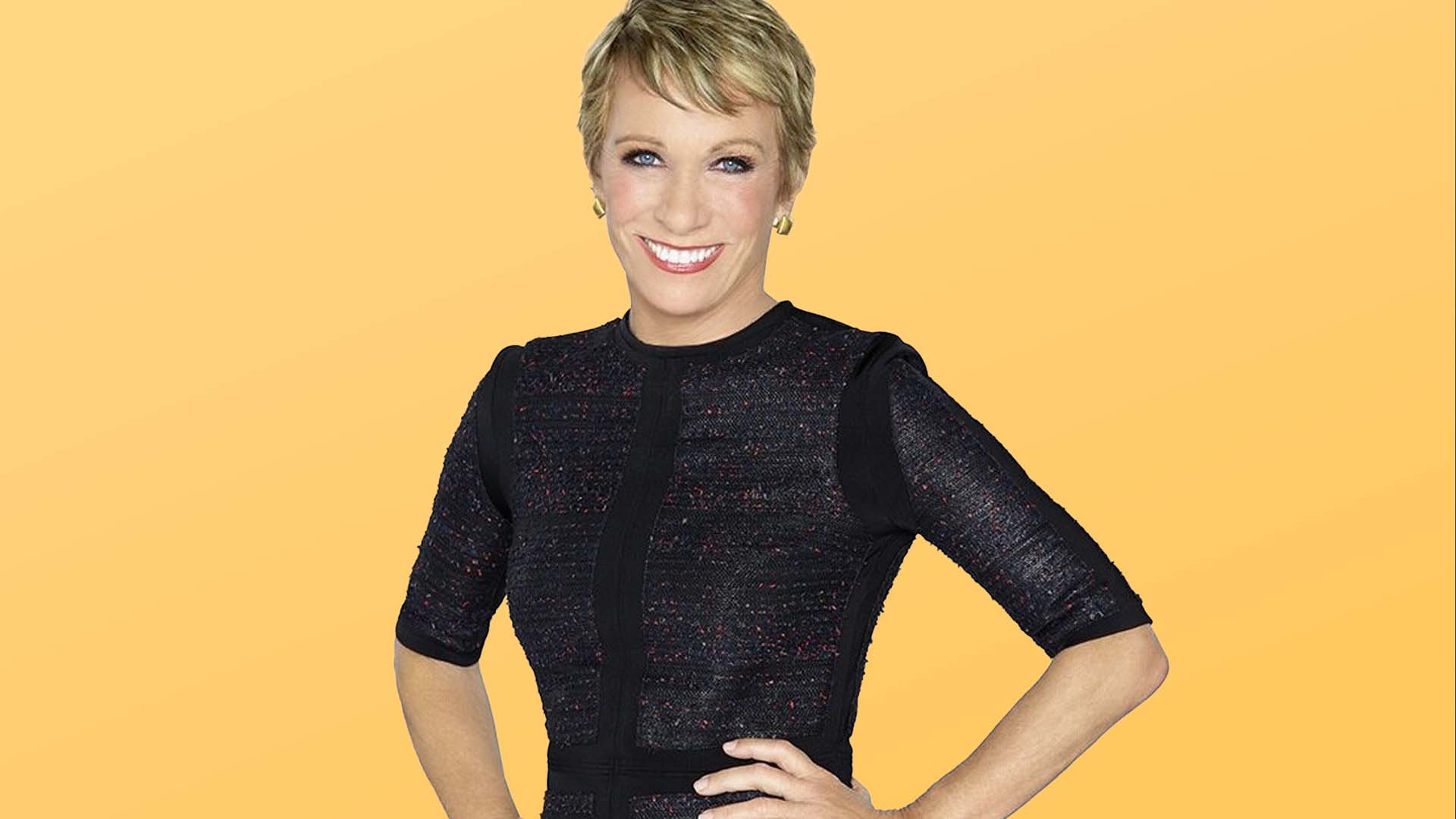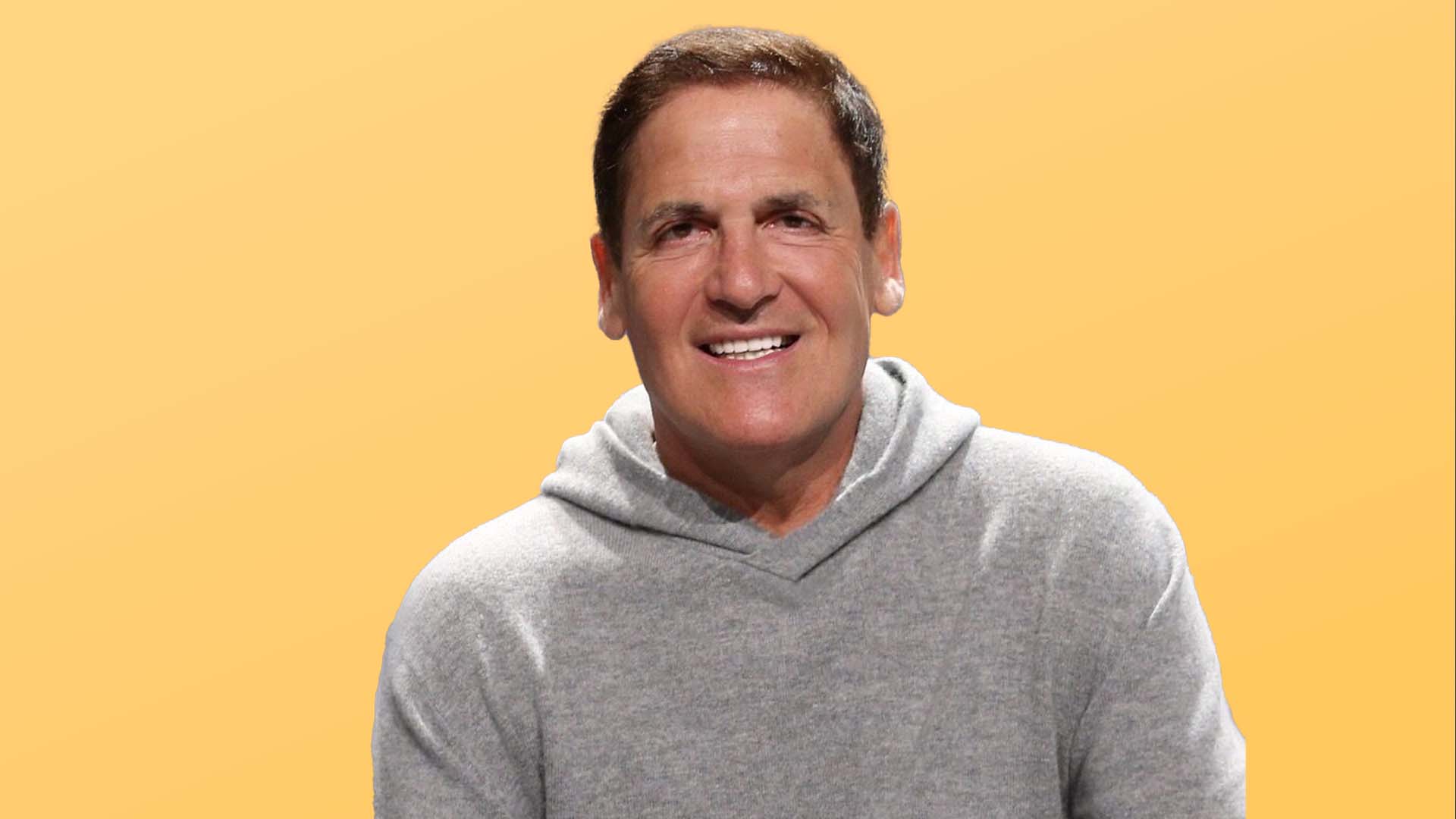I Was a Millionaire by 26: 3 Money Rules Every Young Person Should Know

Commitment to Our Readers
GOBankingRates' editorial team is committed to bringing you unbiased reviews and information. We use data-driven methodologies to evaluate financial products and services - our reviews and ratings are not influenced by advertisers. You can read more about our editorial guidelines and our products and services review methodology.

20 Years
Helping You Live Richer

Reviewed
by Experts

Trusted by
Millions of Readers
It isn’t easy being in your 20s. Apart from all the challenges of emerging into adulthood, like figuring out your values and creating meaningful relationships, you’ve also got to build the scaffolding for your future — especially when it comes to your finances. You want to build real wealth, but you don’t have much experience managing money. What do you do?
As part of GOBankingRates’ Top 100 Money Experts series, we asked Ryan Scribner, a personal finance expert and YouTube personality who became a millionaire by age 26, to share his insights on how people can start building wealth in their 20s. His answer isn’t about flashy stock picks — it’s about building a foundation of financial knowledge that pays off over time.
He distilled that guidance into three simple rules to help 20-somethings get started.
1. Use Your Free Time To Learn About Finance
When Scribner was in his early 20s, he says he was “obsessed with learning about building wealth.” Emphasis on learning. Even if you don’t have much money to start investing, you have one resource in abundance: time. So use it wisely.
He invested in himself, spending hours studying real estate and private equity — knowledge that would serve him well later in life. He suggests other twentysomethings take advantage of free resources such as their local library to study topics like investing and retirement savings.
“As a young person, you probably have a lot of time on your hands but maybe not a lot of money,” he said. “However, a lot of young people make the mistake of focusing too much on trying to invest the small amount they might have right now. The way I think about it is, you can invest your time or your money — sometimes both.”
Building knowledge now helps you make better decisions with your money once your income grows.
2. Understand That Big Risks Don’t Always Equal Big Rewards
One common misconception Scribner sees among other young people is the idea that taking huge risks is the only way to get huge returns.
Scribner says he learned that lesson the hard way. He recalls losing more than $100,000 in public equities through risky trades such as stock options. Importantly, he knows exactly how he would counsel his younger self today:
“The irony of the situation is, had I simply invested that money into low risk assets like an S&P 500 Index Fund, I’d be sitting on hundreds of thousands today,” he said.
Instead of chasing the flashiest high-risk bets, he’d prefer that young people take advantage of their long time horizon to earn money slowly and consistently.
“But there’s something about being young that makes you want to do dumb and risky things,” he added — a blunt reminder to favor patience and diversification over thrill-seeking.
3. Know That You Don’t Have To Be Perfect To Get Started
If you’re starting your career, you may be convinced that you don’t earn enough to save or invest. If you grew up in a household where nobody talked about money, you might think you lack the skills or smarts to invest.
Scribner understands that. His own family wasn’t involved in investing, save for one bad experience with a rental property, so he didn’t learn much at home. That’s why he made educating himself a priority — and why he suggests other young people do the same.
What he wants his peers to know is simple: You don’t have to be a high earner or an expert to begin. You only need a willingness to start small and learn as you go. Even opening a brokerage account and buying a few shares can make a meaningful difference over time.
“Investing is also about putting time and energy into learning new things,” he said.
Bottom Line
Saving and growing money can feel complicated — especially in your 20s. But if you’re willing to spend time and energy learning, let go of the idea that the riskiest investment is the only path to big gains, and simply start (even imperfectly), you can put yourself on a much better path. The best time to begin your financial journey is right now.
This article is part of GOBankingRates’ Top 100 Money Experts series, where we spotlight expert answers to the biggest financial questions Americans are asking. Have a question of your own? Share it on our hub — and you’ll be entered for a chance to win $500.
This article is for informational purposes only and does not constitute financial advice. Investing involves risk, including the possible loss of principal. Always consider your individual circumstances and consult with a qualified financial advisor before making investment decisions.
More From GoBankingRates
 Written by
Written by  Edited by
Edited by  Money Expert
Money Expert 











































































































